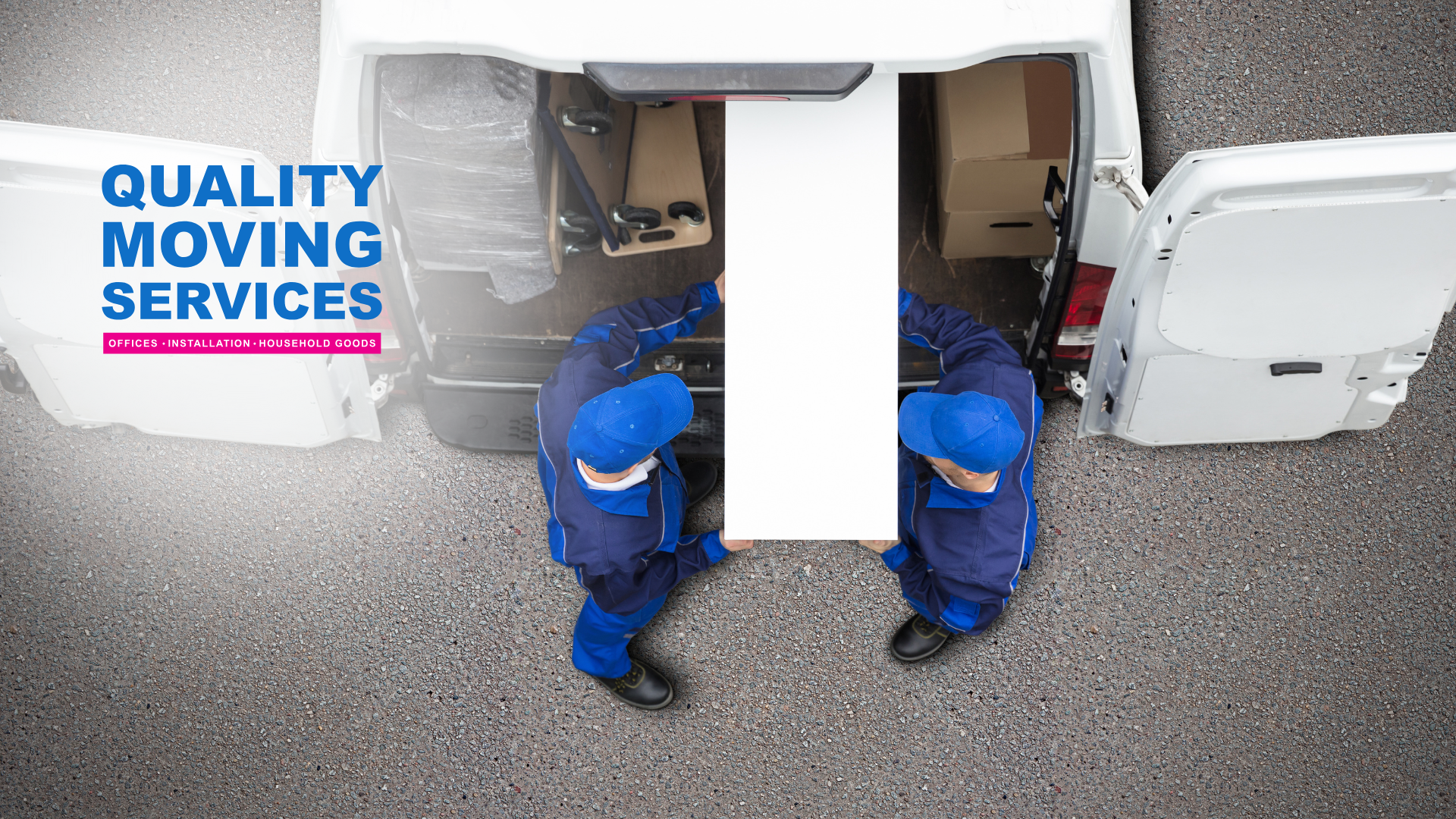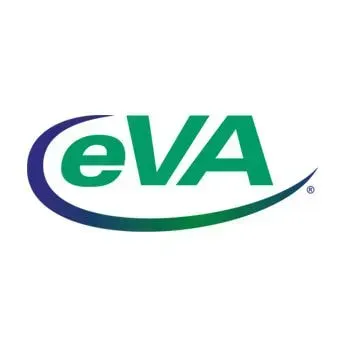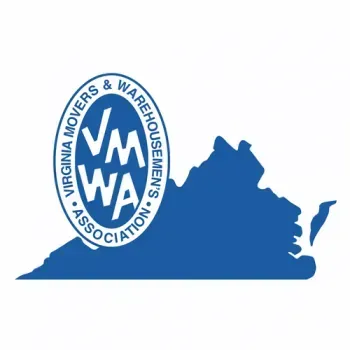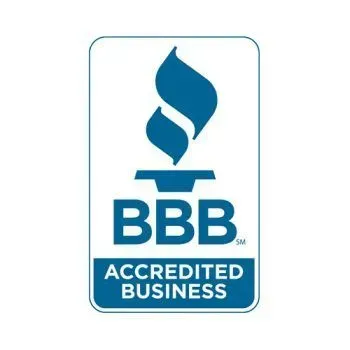Moving Companies Are Subject to Industry Regulations: What You Need to Know

What You Need to Know
Finding reliable local movers near me or choosing the right commercial moving company is essential for a smooth experience when planning a move. However, only some know that moving companies are subject to strict industry regulations to ensure safety, compliance, and quality service. Understanding these regulations can help you choose the best moving company and avoid potential pitfalls.
Why Are Moving Companies Regulated?
Moving companies, whether handling residential or commercial relocations, operate under a set of rules designed to protect both the clients and the moving company employees. These regulations are intended to:
- Ensure the safe transportation of belongings.
- Promote fair and transparent practices in the moving industry.
- Protect the rights of consumers.
- Maintain the safety and integrity of roadways and transportation systems.
Key Industry Regulations for Moving Companies
1. Licensing and Registration: All legitimate moving companies must be licensed and registered. Interstate moving companies, in particular, need to comply with the Federal Motor Carrier Safety Administration (FMCSA) regulations. They must have a valid U.S. DOT number, which can be verified through the FMCSA website. For local moves, companies must adhere to state-specific licensing requirements.
Tip: When searching for
local movers near me, check if they have the proper state licenses and certifications.
2. Insurance Coverage Moving companies are required to carry different types of insurance, including:
- Liability Insurance: Covers damages to the customer’s property.
- Cargo Insurance: Protects against potential losses or damages to items during transit.
3. Ensure your movers have adequate insurance coverage for both residential and
commercial moving company services. This will help protect your belongings and give you peace of mind.
4.Safety Regulations The safety of vehicles, equipment, and personnel is strictly regulated. Moving companies must:
- Conduct regular vehicle inspections to ensure that trucks meet safety standards.
- Ensure that equipment such as dollies, lifts, and straps are in proper working order.
- Train employees on safe handling techniques to prevent injuries.
5. Compliance with
Occupational Safety and Health Administration (OSHA) guidelines is also necessary, especially for commercial moving companies handling heavy and specialized equipment.
6. Weight and Load Restrictions Moving trucks must comply with weight limits to maintain safety on the road. Exceeding these limits can lead to fines, delays, and potential damage to the vehicle. Moving companies often use weigh stations to ensure they are within legal limits, which helps prevent disruptions during your move.
How Regulations Impact Your Move
Understanding these industry regulations can benefit you in several ways:
- Choosing Reliable Movers: Hiring a moving company that complies with industry regulations ensures a professional and smooth-moving experience.
- Avoiding Liability: If you hire an unlicensed or uninsured mover, you may be liable for damages or injuries that occur during the move.
- Peace of Mind: Regulations protect your rights as a consumer, ensuring that your belongings are handled safely and fairly.
What to Look for When Hiring a Moving Company
- Proper Licensing and Registration Verify that the local movers near me or the commercial moving company you choose have the appropriate licenses. For interstate moves, look for a U.S. DOT number, and for local moves, ensure state-level licensing.
- Insurance Verification Request proof of liability and cargo insurance to confirm that your belongings are protected in case of accidents or damage during the move.
- Customer Reviews and Reputation: Check reviews online and ask for references. A reputable company will have a track record of compliance and quality service.
- Transparent Pricing Regulations require moving companies to provide clear estimates and written contracts. Be wary of companies that offer vague pricing or refuse to provide documentation.
Why Compliance Matters for Commercial Moves
Compliance is even more critical for businesses searching for a commercial moving company. Commercial moves often involve specialized equipment, sensitive documents, and valuable assets that require expert handling. Non-compliance can lead to:
- Delays: Non-compliant companies may face fines or vehicle impounds, delaying your move.
- Increased Costs: Regulatory penalties can drive up costs, which may be passed on to you.
- Risk of Damaged Property: Without adherence to proper safety protocols, the risk of damage increases.
Choosing a compliant commercial moving company ensures that your business assets are moved safely and efficiently, minimizing downtime and disruption.
Conclusion
Understanding the regulations moving companies must follow helps you make informed decisions when hiring movers. Whether you're searching for local movers near me for a residential move or need a commercial moving company for your business relocation, prioritizing a company that adheres to industry regulations will lead to a smoother and more secure moving experience.
Choose a moving company that meets all licensing, insurance, and safety standards to protect your belongings and ensure a hassle-free move. Always verify credentials and ask questions to make sure you’re hiring professionals committed to high-quality, compliant service.
This blog is intended solely for informational use and should not be considered as professional advice. Ensure that you check the credentials, services, and policies of any moving company you intend to hire. The author and publisher disclaim any liability for results obtained from the application of the information provided in this blog.

















